But only if employees have the authority and the skills to make the call.
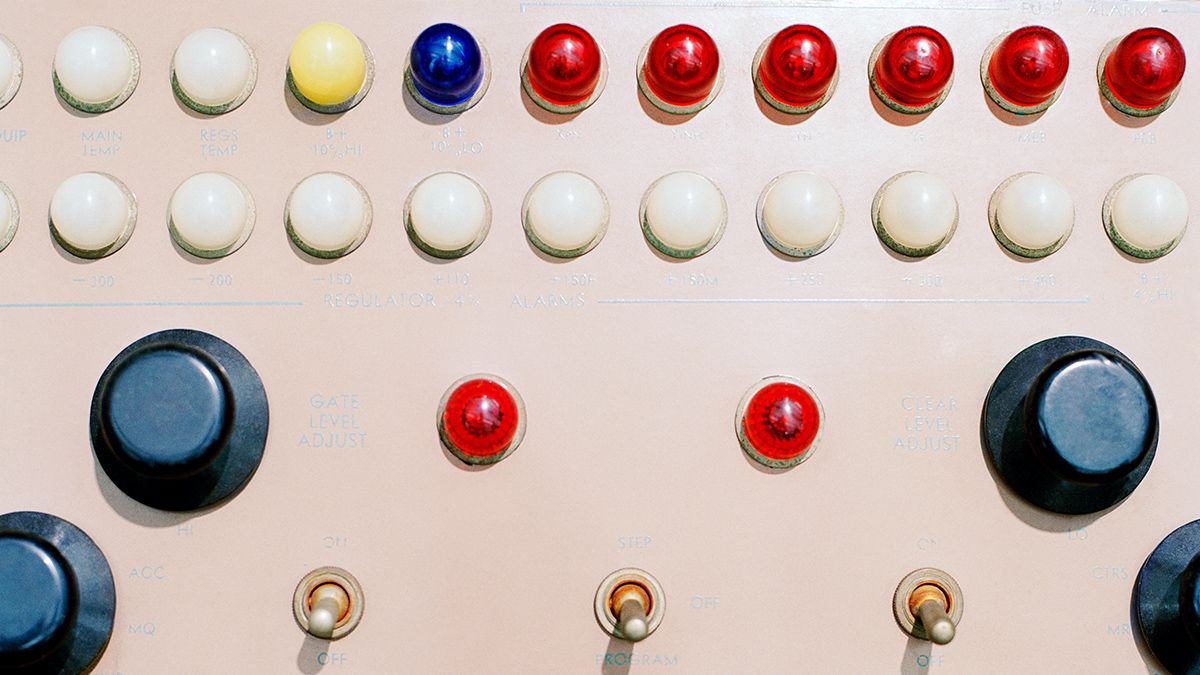

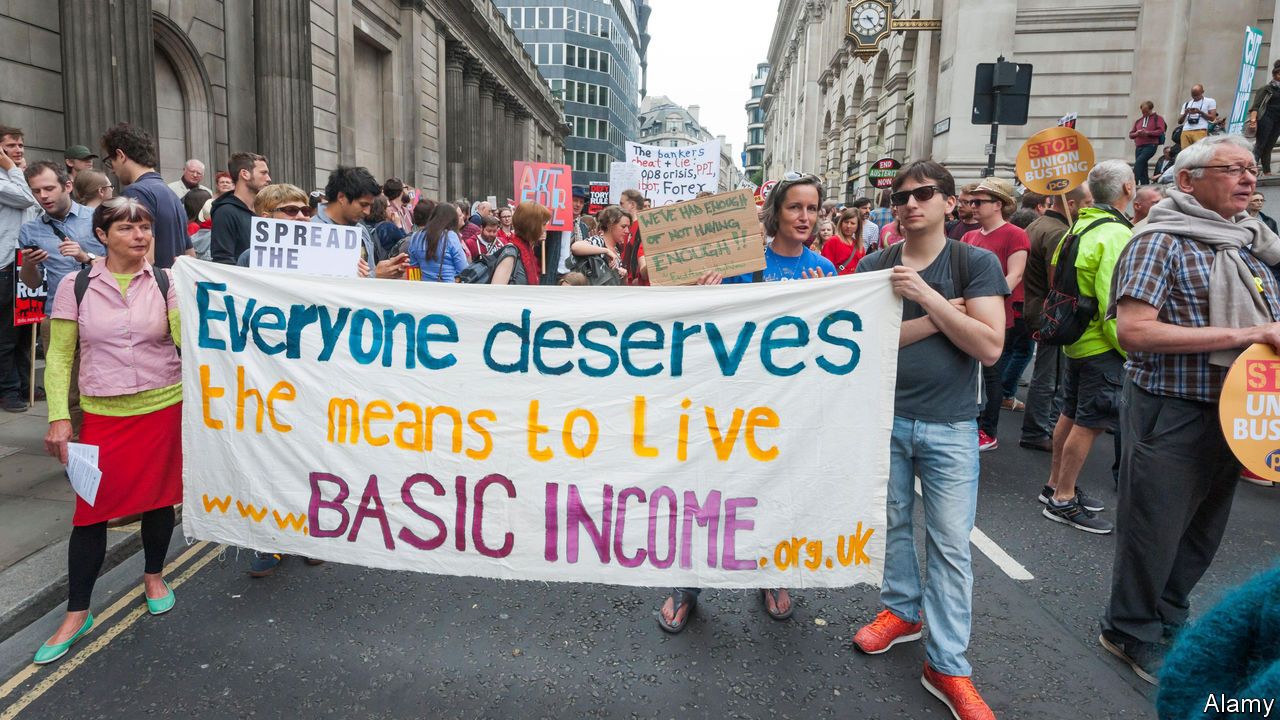
A BASIC income (BI) is defined as a modest, regular payment to every legal resident in the community, paid unconditionally as a right, regardless of income, employment or relationship status.
Contrary to conventional wisdom, the case for BI does not rest on the assumption that robots and artificial intelligence will cause mass unemployment or that it would be a more efficient way of relieving poverty than present welfare systems (although it would). The main arguments are ethical and relate to social justice, individual freedom and the need for basic security.

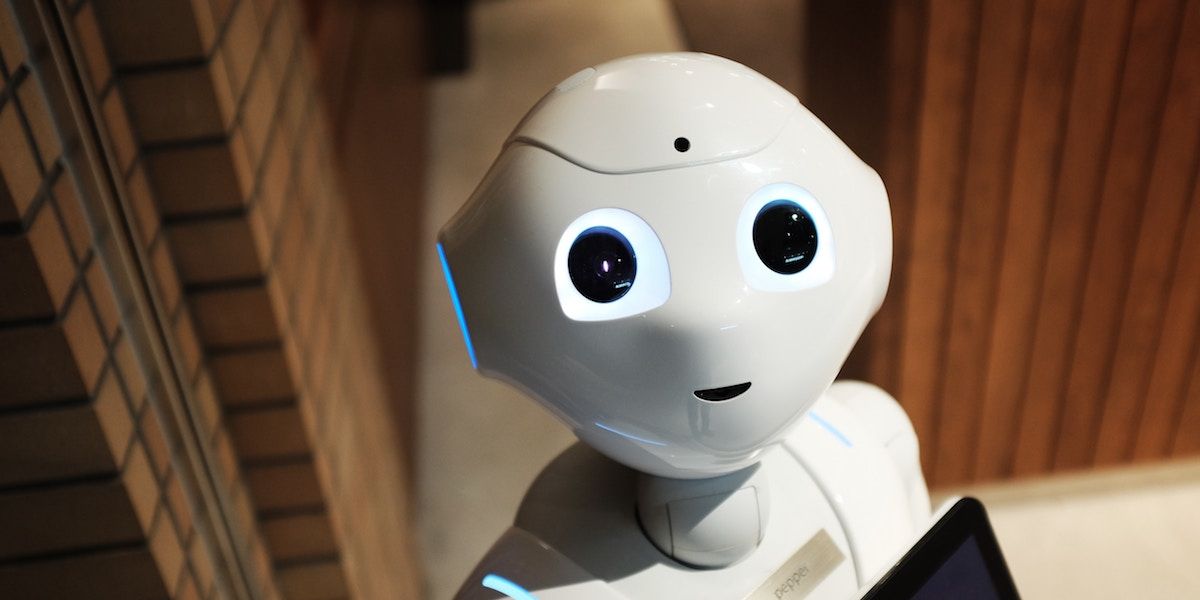
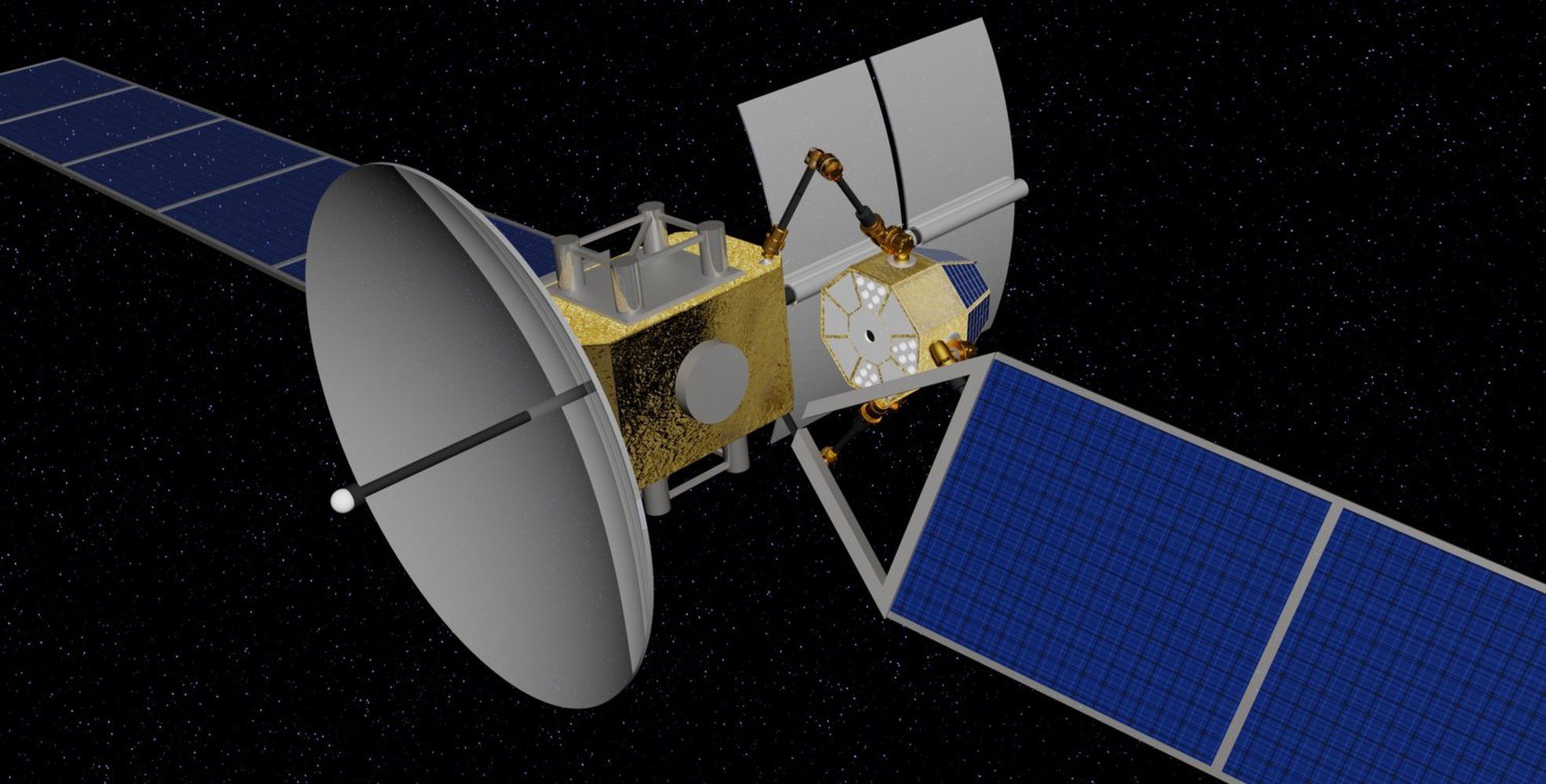
Small satellites will soon pack an outsize power punch, if one company’s plans come to fruition.
One of the first big jobs for the Archinaut in-space assembly robot being developed by California startup Made In Space may involve outfitting small satellites with large solar-power systems in Earth orbit.
Such work could boost the power potential of spacecraft in the 330-lb. to 660-lb. (150 to 300 kilograms) range by a factor of five or more, allowing them to take on duties previously limited to larger satellites, company representatives said. [Satellite Quiz: How Well Do You Know What’s Orbiting Earth?].
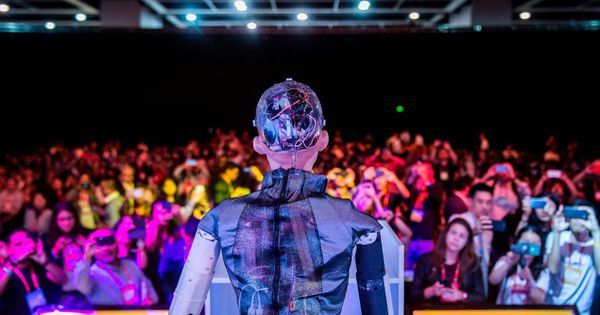
“I think we are on the verge of a massive disruption,” Ford told me recently. “We see stagnant wages, and we see an erosion in the quality of the jobs. A lot of solid middle-class jobs are disappearing, and that alone has been remarkably disruptive… This is a big deal and I think it’s going to get get vastly bigger, and I do think that this is a subject everyone should be a bit concerned about.”
To put it bluntly: Once cars and trucks become automated, what will taxi and truck drivers do for work? Same with factory workers, fast food employees, retail clerks, and millions of other low-skill jobs that could theoretically be phased out entirely with robotics. This isn’t some sci-fi future; one report compiled recently by the McKinsey Global Institute says that advances in AI, automation and robotics will displace between 39 and 73 million jobs by 2030.
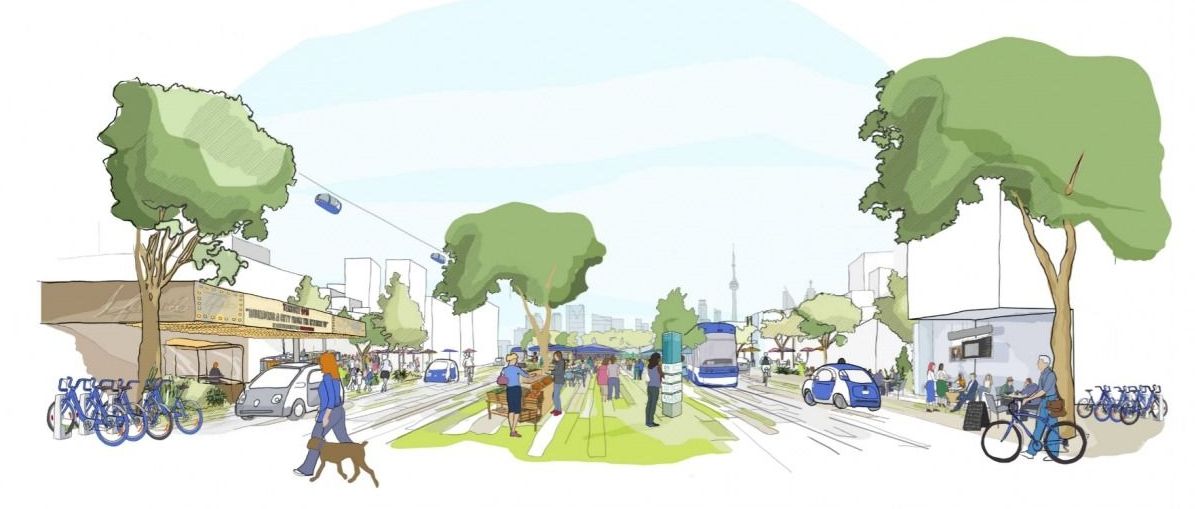
An ambitious smart-city project spearheaded by Alphabet subsidiary Sidewalk Labs has run into local resistance, causing delays.
The backstory: Waterfront Toronto, a development agency founded by the Canadian government, partnered with the Google sister company in October 2017 to create a futuristic neighborhood on the Toronto waterfront. Sidewalk Labs plans to fill the 12-acre plot with driverless shuttle buses, garbage-toting robots, and other gadgets to show how emerging technologies can improve city life.
The problem: Sidewalk Labs’ connection to Google and vague descriptions of its business model alarmed privacy advocates and urban planners from the start. Local pushback has increased since, causing a key supporter to resign from the project and delaying the release of its final development plan to spring 2019.
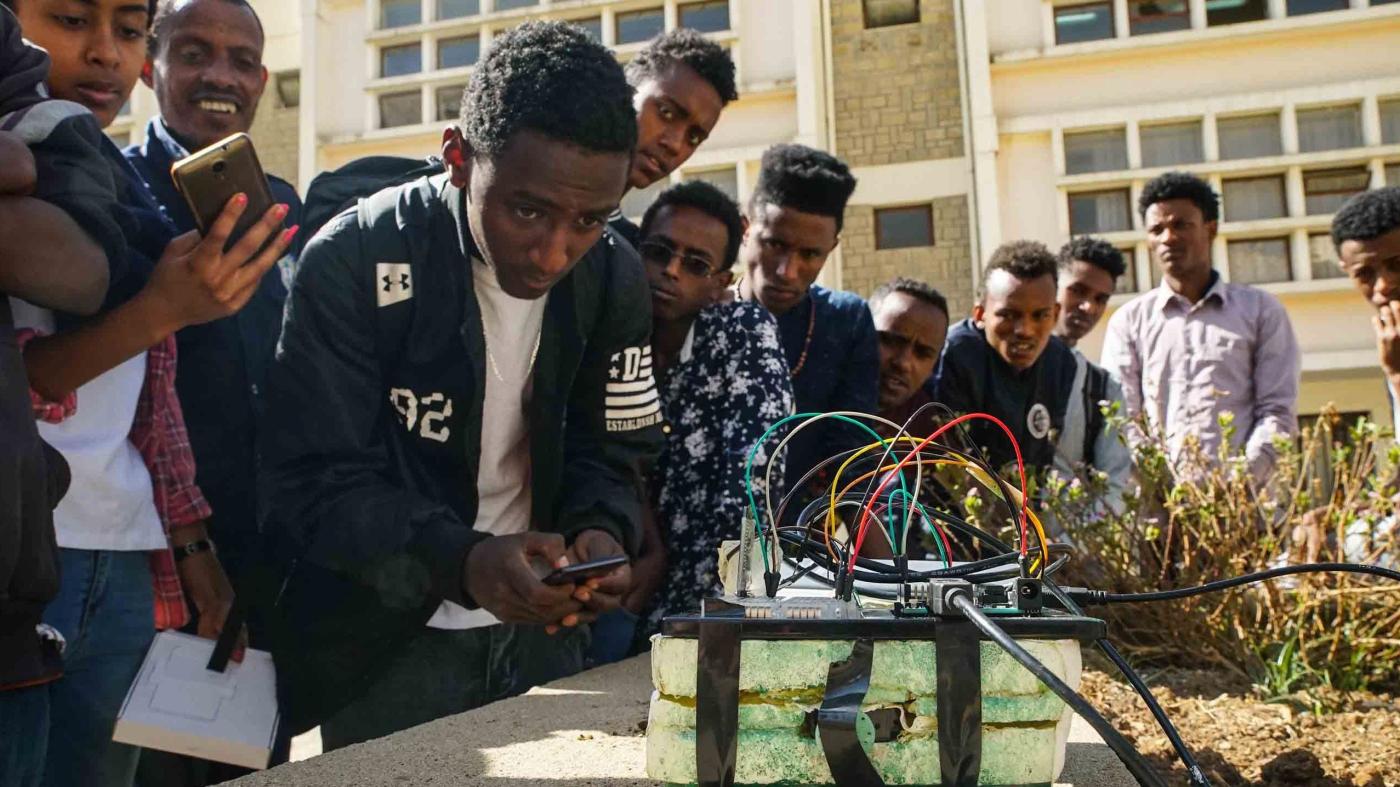
“We should not start from steam and railways, or the old technologies—that is already done,” Assefa argues.
That makes sense to academics like Singh — though he also cautions that political forces are often slow to see the bigger picture. There is definitely an opportunity for developing countries, he says. “But any time we have a technological revolution, the political institutions have to catch up.”
A 2017 report (pdf) by the World Wide Web Foundation suggested that Ethiopian “intelligence services are using machine intelligence techniques to break encryption and find patterns in social media posts that can be used to identify dissidents.” And while mobile phone and internet penetration in Ethiopia is comparatively poor—a situation made worst amid widespread anti-government protests, which prompted an internet crackdown in February — the report added that government surveillance and oppression could increase as the use of smartphones expands.
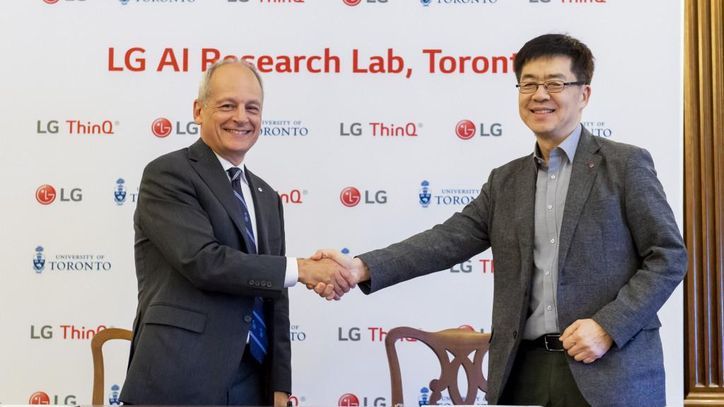
LG will build its next artificial intelligence (AI) research lab in Toronto, it announced Wednesday.
The South Korean electronics company said the Canadian lab is an extension of its newly expanded Silicon Valley AI Lab in Santa Clara, California. It also has AI labs in South Korea, India and Russia.
“Early implementations of AI in connected devices today are setting the stage for tomorrow’s smart cities, smart homes, smart businesses and smart devices, all with capabilities that no one has even dreamed of yet.” said LG President and Chief Technology Officer Il-pyung Park.
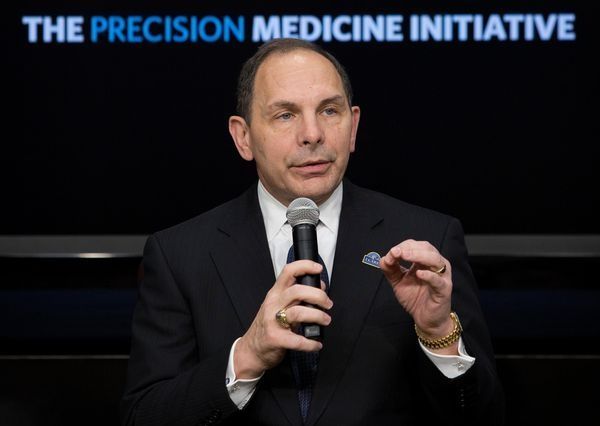
These are literally tiny metallic robots capable of attacking diseases at the cellular level. It’s mind-blowing.
It’s also the result of where we are in the current technology landscape. Scientists, engineers and software specialists are coming together to solve problems that most laypeople think are impossible.